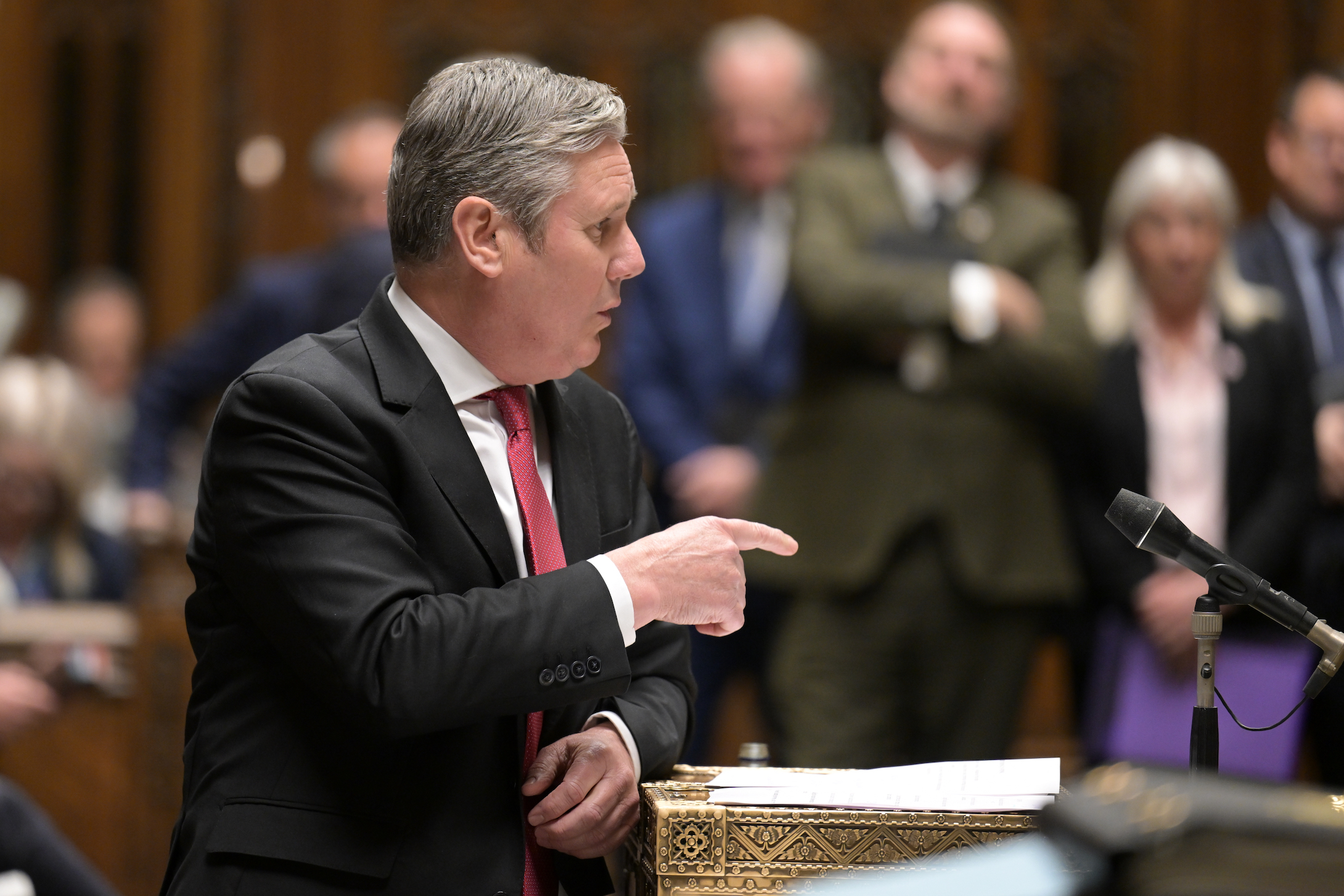The Conservatives’ retention of Uxbridge and South Ruislip, despite heavy losses elsewhere, has placed renewed pressure on the Labour leadership and underlines that there remains a lot to play for politically in the year ahead. Above all, the message discipline of the Conservatives in opposing ULEZ expansion shows Keir Starmer is right not to be complacent — that is despite Labour being 17 points ahead in the national polls.
With mayoral elections and a general election expected next year, Starmer and Sadiq Khan, as well as other Labour mayors, will need to work more closely together for the sake of the whole, with the Conservative party set to shine a light on the risk that Labour poses in government. Despite ULEZ going ahead with an increased scrappage scheme, it will continue to be a campaigning issue next year. For Khan, it is a hill he is prepared to die on. For Starmer, it is not.
But finger-pointing from Starmer after Uxbridge was not just aimed at Khan — the messaging was channeled equally at motorists across the country in a bid to prove Labour is on their side. Although in London around half of people don’t have cars, the picture is very different in the rest of the UK, with around 70 per cent using a car to get to work and 32 million car owners in total. (When Rachel Reeves announced ahead of the Spring Budget earlier this year that Labour would back a freeze on fuel duty, some questioned the policy on environmental grounds — but it was smart politics from a Shadow Chancellor and Labour leader double-act intent on winning power).
Last week, Rishi Sunak announced a review of Low Traffic Neighbourhoods and claimed to be on the side of motorists, whilst sitting in Margaret Thatcher’s old Rover. The Sun also launched a pro-motorist campaign. With battle lines being clearly drawn, the Conservative party are retreating to traditional campaigning territory, on the side of motorists, homeowners, and pensioners — those otherwise known as people who vote. Labour needs these votes too, but they also need to engage younger people and prevent the Green party from siphoning off left-wing voters by offering real change.
New NHS guidelines mandate equality in non-religious and religious pastoral care

MDU advises GP members on how to handle a historic developmental dysplasia claim
Labour’s task isn’t easy, but their fourth mission for government, to make Britain a clean energy superpower, helps Starmer differentiate himself from Sunak, who omitted it from his five core pledges and is flirting with a net zero slowdown.
Starmer’s firm recommitment this week to net zero and the green energy transition is an important point of difference based astutely on the electoral advantage it holds. Policy differences between the two major parties might not be seismic, but in communications terms, Starmer is bullish on the ability and desire of Labour to deliver on the task ahead, whereas Conservative messaging is confused.
This is all the more bewildering, given voters want environmental ambition. According to YouGov’s attitudes tracker, the environment is level with immigration as the third most important issue for the British public, behind only health and the economy. If Starmer wants to occupy the centre ground in British politics, and take the keys to No 10, staying true to Labour’s vision of a greener and fairer country is a smart choice.
For the Conservatives, a retreat on an issue where they have made significant progress across thirteen years in government makes for an interesting strategy. According to analysis by Onward, a centre right think tank, ditching the 2050 Net Zero target could lose the Conservatives around a quarter (24%) of their current voters — and deter lots of wavering and potential supporters. Meanwhile, 57 per cent of 2019 Conservative voters planning to vote Labour at the next election say Sunak has ‘not gone far enough’ on climate action. Labour will now be looking to sweep up these votes.
After Uxbridge, and with the Conservative Party prepared to use green policies as a wedge issue, environmental commitments have become a political highwire to walk. But with effective communication, and well-thought-out policy, there is political reward for those that dare to tread it.





















Discussion about this post